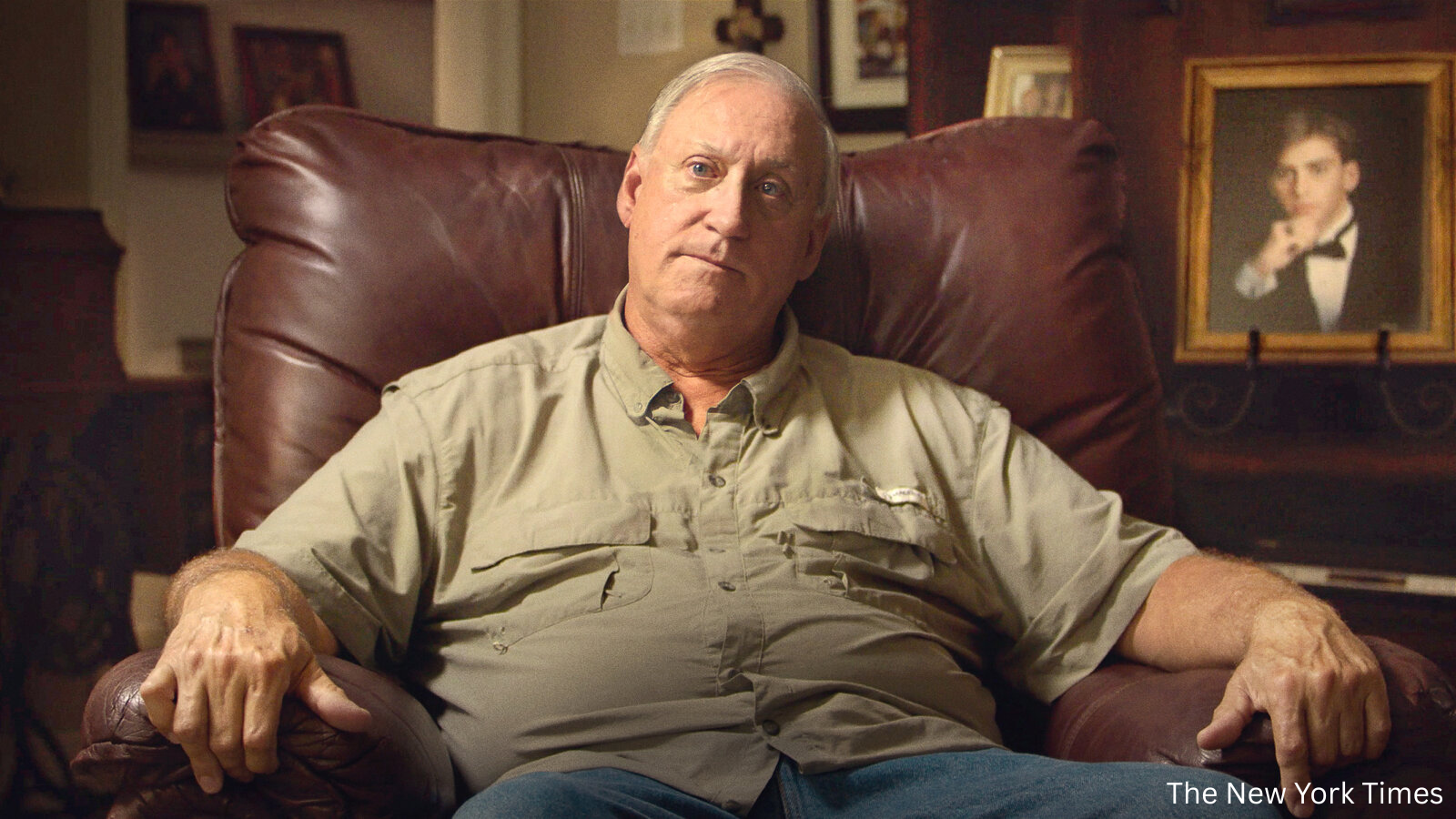True crime often shines a spotlight not only on individuals but also on the institutions and systems that enable tragedy. While murder mysteries and unsolved cases dominate the genre, some of the most shocking stories are rooted in the medical world, where trust, authority, and responsibility collide with corruption, negligence, and greed. The following four stories—spanning Netflix documentaries and acclaimed podcasts—use personal tragedies to reveal larger systemic failures in health care. They remind us that behind every scandal are real victims and families who continue to seek answers.
“The Pharmacist” – Netflix (Mini-Series)
In 1999, small-town Louisiana pharmacist Dan Schneider suffered a devastating loss when his son, Danny Jr., was murdered during a drug deal gone wrong in New Orleans’ Lower Ninth Ward. Distraught and unsatisfied with the slow-moving police investigation, Schneider embarked on his own mission to track down the killer. His relentless pursuit of justice, despite police indifference, resulted in the killer’s arrest and conviction by 2000.
But Schneider’s fight didn’t end there. Soon after, he noticed a troubling pattern: a surge of young people entering his pharmacy with prescriptions for OxyContin, a powerful opioid that was fueling an addiction crisis. What began as a personal quest for justice expanded into a crusade against the corporate machine driving the opioid epidemic. Schneider exposed the operations of a notorious pill mill in New Orleans and eventually played a key role in bringing scrutiny to Purdue Pharma, the company behind OxyContin.
The documentary series is more than a tale of personal loss; it is a chronicle of how one grieving father helped expose a nationwide scandal. His meticulous detective work—complete with recordings, notes, and tireless investigation—offers viewers a haunting glimpse into the origins of America’s opioid crisis.
“Dr. Death” Season 2: “Dr. Fata” – Wondery Podcast
The popular “Dr. Death” podcast, known for uncovering shocking medical crimes, devoted its second season to Dr. Farid Fata, a Michigan oncologist who orchestrated one of the most egregious health-care fraud schemes in American history. Unlike Christopher Duntsch from Season 1, whose incompetence left a trail of maimed patients, Fata’s crimes were rooted in deliberate deceit.
Between 2003 and 2013, Fata misdiagnosed and mistreated hundreds of patients, many of whom did not even have cancer. He prescribed unnecessary chemotherapy, radiation, and drugs—treatments that caused irreversible harm, suffering, and even death. What makes this story chilling is not only Fata’s betrayal of trust but also the systemic negligence that allowed him to continue for years despite repeated warnings.
The podcast, hosted by science journalist Laura Beil, blends firsthand accounts from victims and families with testimony from insiders who watched in horror as Fata manipulated patients for profit. The result is a deeply unsettling portrait of unchecked medical power and institutional blind spots.
“Cold Case: The Tylenol Murders” – Netflix (Mini-Series)
In 1982, Chicago was shaken by a terrifying string of deaths. Seven people died suddenly after ingesting cyanide-laced Tylenol capsules, sparking a nationwide panic. The incident led to the largest drug recall in U.S. history and forever changed how medications are packaged—ushering in tamper-proof seals that are now standard.
Netflix’s “Cold Case: The Tylenol Murders” revisits this bizarre and chilling case as part of its ongoing franchise. Across three episodes, the series delves into the victims’ stories, the initial chaos, and the complex investigations that followed.
One of the most disturbing elements was the involvement of James W. Lewis, who attempted to extort Johnson & Johnson, Tylenol’s manufacturer, for $1 million in the wake of the deaths. While never convicted for the murders, Lewis remained a central suspect until his death in 2023.
The series also raises enduring questions about corporate accountability. Could Johnson & Johnson have acted differently? Were safety protocols too lax at the time? While investigators never solved the case, its impact on consumer safety remains undeniable.
“Capturing the Killer Nurse” – Netflix (Documentary Film)
Among the most chilling cases in medical crime history is that of Charles Cullen, a nurse who confessed to murdering dozens of patients between 1988 and 2003. Some experts believe the true number could reach the hundreds, making him one of America’s most prolific serial killers.
Netflix’s “Capturing the Killer Nurse” (2022) tells Cullen’s story through interviews with victims’ families, journalists, and law enforcement officers who pursued him. Central to the narrative is Amy Loughren, a fellow nurse and once a close friend of Cullen, who bravely collaborated with detectives to gather the evidence needed for his arrest.
The documentary draws from Charles Graeber’s book “The Good Nurse: A True Story of Medicine, Madness, and Murder,” which also inspired the feature film The Good Nurse starring Eddie Redmayne. What makes the documentary stand out is its focus not only on Cullen’s crimes but also on the systemic failures of the hospitals where he worked. Repeatedly, red flags were ignored, and institutions quietly pushed Cullen out rather than alerting authorities—decisions that allowed him to continue killing.
Final Thoughts
These stories, though horrifying, serve a greater purpose: they expose cracks in the systems meant to protect us. From corporate greed to institutional negligence, the medical world is not immune to corruption and failure. Yet, as these documentaries and podcasts show, truth often emerges thanks to the persistence of victims’ families, whistleblowers, and investigative journalists.
%20(4).png)




.jpg)
.png)
.png)
.png)
